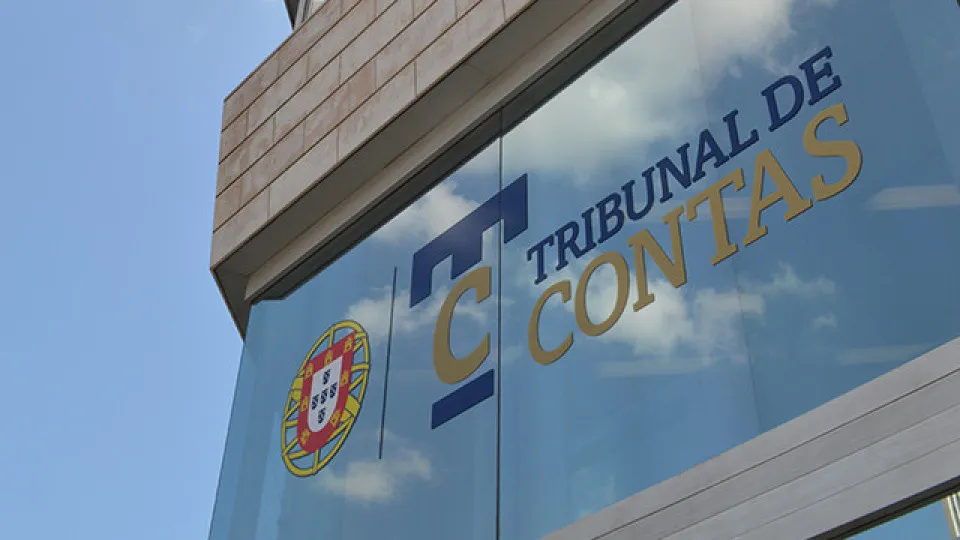
The government has announced plans to amend the oversight rules of the Court of Auditors (TdC), specifically aiming to reduce the requirement for prior approval. However, the entity has expressed concerns about the potential risks associated with this decision.
What type of oversight does the TdC perform?
The rules for monitoring public acts and contracts, such as state projects, municipal activities, or public organizations, are outlined in the Law on Organization and Procedure of the Court of Auditors.
The court employs various methods to control public spending associated with these operations: prior, concurrent, and successive oversight.
What is prior approval?
Prior approval is the act of giving ‘green light’ to a contract after it has been reviewed in the context of the preliminary oversight process.
According to the Law on Organization and Procedure of the Court of Auditors, the body is tasked with “preemptively examining the legality and budgetary viability of acts and contracts of any nature that generate expense or represent any direct or indirect costs and responsibilities,” for public entities.
This law also outlines a set of situations exempt from this approval, either due to the contract values or the type of operation involved.
What exceptions exist for prior approval?
Contracts below 750 thousand euros, excluding VAT, are exempt from prior oversight. This limit increases to 950 thousand euros when the total value of acts and contracts is or appears to be interconnected.
Contracts such as leases and those for the supply of water, gas, and electricity, or services with cleaning, facility security, and technical assistance companies are excluded. The same applies to service acquisition contracts with non-profit institutions targeting specific health and social services.
A special oversight regime is also in place for projects under the Recovery and Resilience Plan (PRR). For these contracts, a monitoring model has been established that resembles “a form of concurrent oversight, but with the court having some authority to halt contract execution in the face of certain severe illegalities,” explains the president of TdC, Filipa Calvão.
What is the purpose of prior approval?
The aim of preemptive oversight is “to verify whether acts, contracts, or other instruments that generate expense or represent direct or indirect financial responsibilities comply with current laws and if the respective costs are feasible within the assigned budget,” the law details.
Regarding instruments generating public debt, preemptive oversight aims to “verify compliance with the debt limits and sub-limits and the respective purposes, established by the Assembly of the Republic.”
According to the TdC’s records, as of October this year, 1,173 contracts were approved (amounting to approximately 7.2 billion euros), while 21 contracts were rejected, totaling 34.4 million euros.
What are concurrent and successive oversights?
Concurrent control is carried out by the court when contracts not subject to preemptive oversight are already being executed.
The law states that concurrent oversight may occur through “audits by the 1st Section of procedures and administrative acts involving personnel expenses and contracts not required by law to be submitted for prior oversight, as well as the execution of approved contracts,” or “through audits by the 2nd Section of the financial activity conducted before the closure of the respective management.”
Filipa Calvão explains that concurrent oversight “almost in real-time follows the contract execution and verifies what is not right and what can be improved.”
In successive oversight, the court checks the accounts of public services, municipalities, autonomous regions, and other auditable entities. Additionally, the TdC evaluates the respective internal control systems, assesses the legality of financial management, and ensures the oversight of national contributions to projects with European funds.
What changes does the Government want to implement?
The Government seeks to amend the Court of Auditors’ law by reducing prior approval and increasing subsequent oversight, aligning it with its jurisdictional function.
On October 14, the Minister of State and Public Administration Reform, Gonçalo Matias, stated that the model of the Portuguese Court of Auditors is unparalleled in Europe. The objective, according to the minister, outlined in the government’s program, “is to simplify” or reduce “prior approval, enhancing post-oversight.”
In a more recent address, the minister indicated plans to revise the Public Contracts Code, the Court of Auditors’ law, and the Administrative Procedure Code.
The government anticipates these proposals will be ready to be submitted to parliament in January.
Who leads the reform?
Law professor and attorney Rui Medeiros is heading the reform of the Court of Auditors’ organic law, a move the government believes guarantees quality and a balanced legislation.
“We are relying on Professor Rui Medeiros as our expert leading the reform of the organic law of the Court of Auditors, assuring quality, seriousness, and consideration, promising that this will be a balanced law, elevating Portugal and the Portuguese Court of Auditors to the best practices in Europe,” stated Gonçalo Matias, in parliament.




